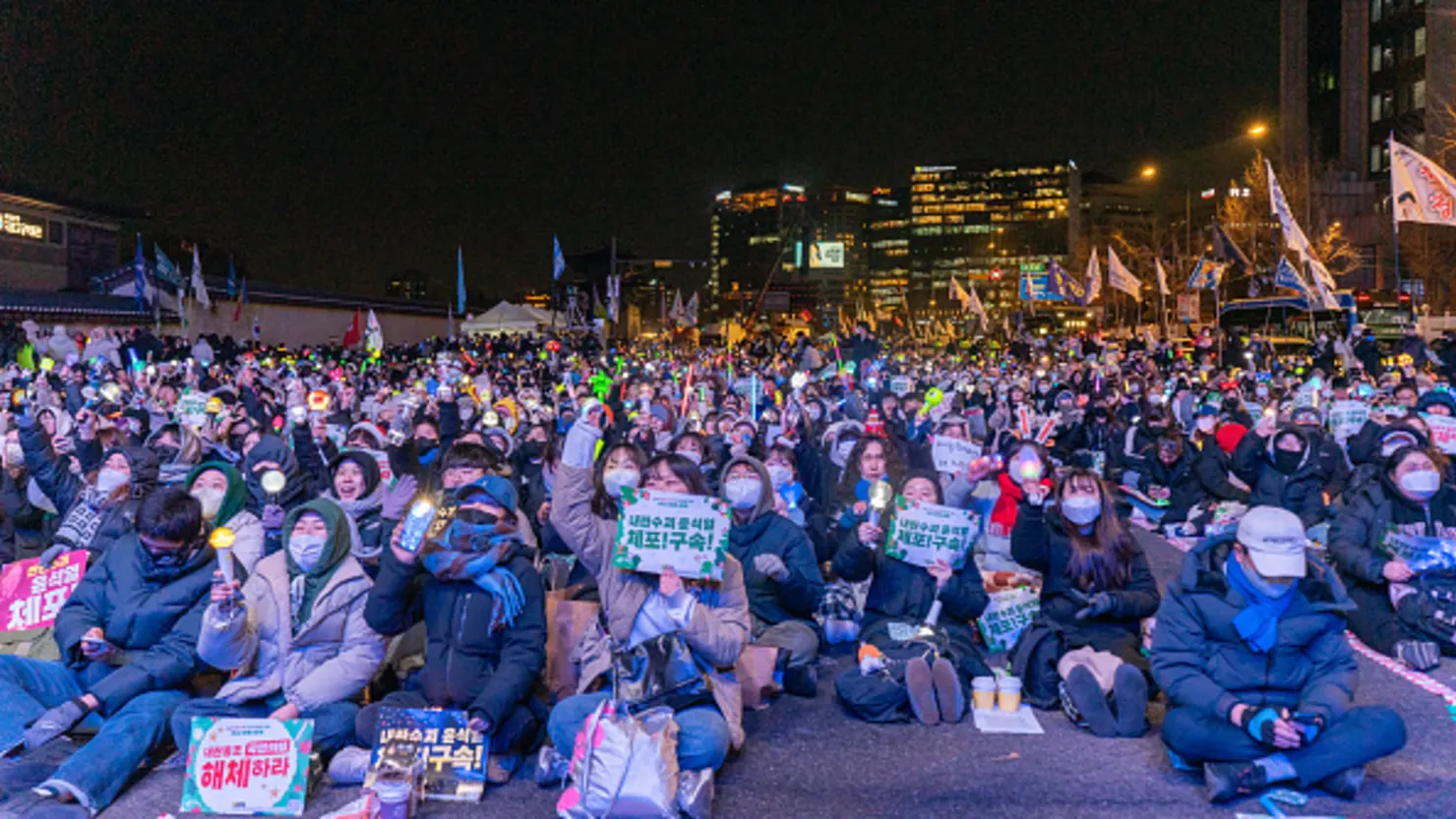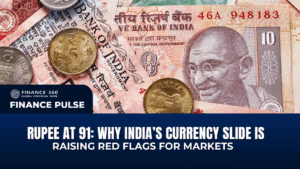South Korean President Yoon Suk Yeol on Friday resisted an unprecedented attempt to execute an arrest warrant for his role in a botched martial law declaration, leading to a tense standoff at his presidential residence in central Seoul. Authorities ultimately suspended their efforts for the day, citing safety concerns after Yoon’s security detail blocked investigators from accessing the compound.
Arrest Warrant and Legal Challenges
The arrest warrant, issued Tuesday, allows authorities until Monday to detain Yoon for questioning over potential insurrection charges—one of the few crimes for which South Korean presidents do not have immunity. Prosecutors would need a separate court warrant to formally indict and detain him further.
Investigators accused Yoon of failing to comply with legal proceedings. “It is to our extreme regret that the suspect did not respond to the legal proceedings,” a joint investigative team stated.
Yoon’s legal team dismissed the warrant as unlawful, citing concerns over the authority of the Corruption Investigation Office for High-ranking Officials (CIO) leading the investigation. His lawyers vowed to challenge any attempts to enforce the warrant, stating, “Legal actions will be taken against any unlawful circumstances arising during the execution of this illegal warrant.”
Public and Political Turmoil
Thousands of Yoon’s conservative supporters formed a “human shield” outside the residence, some waving American flags in solidarity with the U.S.-South Korea alliance. The standoff highlights growing divisions within South Korea’s political landscape, with opposition lawmakers accusing Yoon of inciting unrest.
The main opposition Democratic Party urged Acting President Choi Sang-mok to ensure Yoon’s arrest, criticizing the security detail for obstructing legal processes.
Martial Law Declaration Sparks Crisis
Yoon’s legal troubles stem from his surprise declaration of martial law on Dec. 3, citing “anti-state forces” allegedly paralyzing the government and sympathizing with North Korea. The order, which banned all political activity, was lifted just six hours later following unanimous rejection by lawmakers.
The martial law declaration has left Yoon politically weakened, with a Gallup Korea poll showing his approval rating plummeting to 11%. Critics argue Yoon’s claims of defending national sovereignty are a pretext for undermining democratic processes.
Constitutional Court’s Role
Yoon’s impeachment, initiated on Dec. 14, is under review by the Constitutional Court, which has 180 days to confirm the decision. If upheld, a presidential by-election must be held within 60 days.
In a further twist, Acting President Choi became the country’s interim leader following the impeachment of Prime Minister Han Duck-soo on Dec. 27. Choi’s leadership was immediately tested by the world’s deadliest aviation disaster of 2024—a Jeju Air crash that killed 179 people in Muan.
North Korea and International Reactions
North Korea has seized on the crisis, describing South Korea as mired in “paralysis of state administration and spiraling socio-political confusion.”
The unfolding situation has also drawn global attention, with observers questioning the stability of South Korea’s democracy amid the most significant constitutional crisis in its modern history.
As the Constitutional Court deliberates Yoon’s fate, the standoff between the president and investigators underscores a broader battle over the rule of law and political accountability in South Korea.





